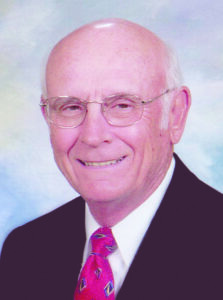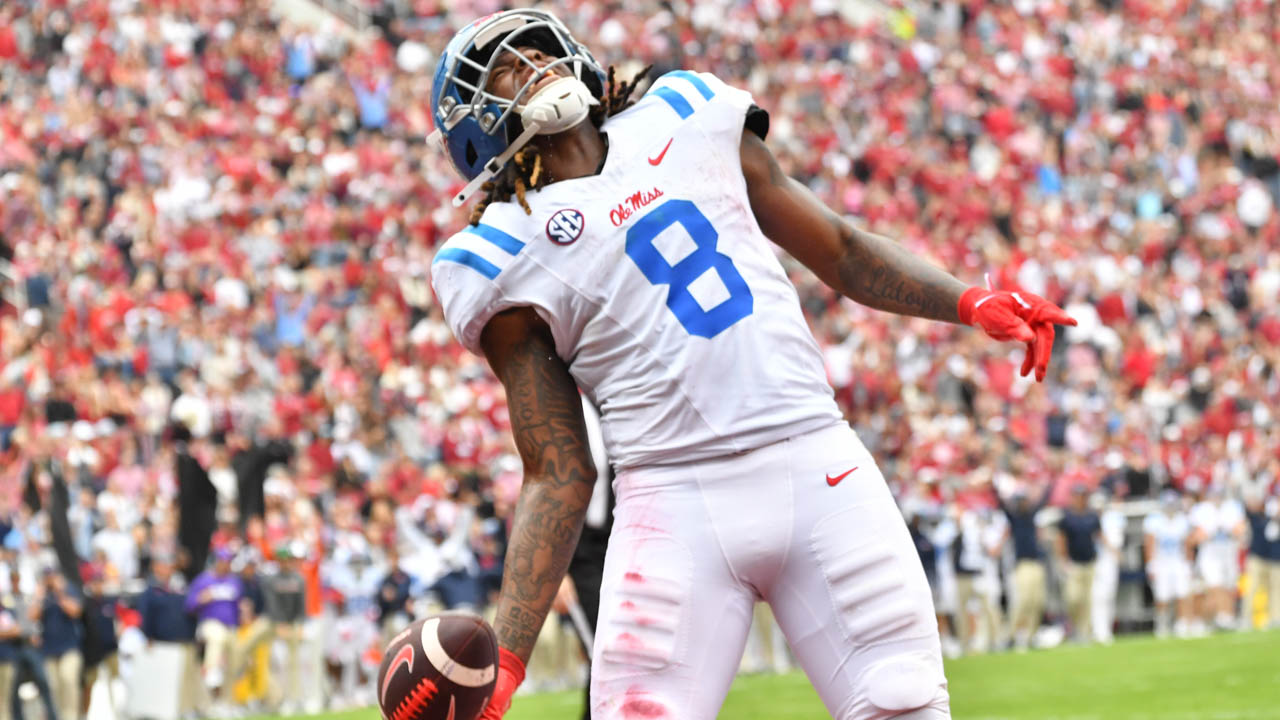Headlines
Dunagin: Echoes of 1959 in 2019?
I’ve been writing about Mississippi politics since 1959 when I was assigned by a Jackson newspaper to cover the Democratic primary race for governor.
It was the beginning of the end to an era when statewide candidates made stump speeches at well-attended political rallies from one end of the state to the other. It was a time when everyone who stood a chance of getting elected to any office in Mississippi, local or state, ran as a Democrat, and the overriding issue was who would or could maintain racial segregation.
It goes without saying there were few African-American voters in 1959, but all that began to change in the next decade as the civil rights movement and federal laws wiped out segregation at the polls.
For me, not long out of Ole Miss, the summer of 1959 was educational. I saw parts of Mississippi I hadn’t seen before, and I learned a little about grass roots politics and the unpredictability of the average voter from one year to the next.
I covered political rallies from Iuka to Biloxi, following Ross Barnett for one week and Carroll Gartin for a week. They faced off in the second primary with Barnett the winner over then Lt. Gov. Gartin who was backed by factions that had supported former two-time governor Hugh White and then current governor J.P. Coleman.
Sometimes who is against a candidate matters as much, or more, than who’s for him — or her, as the case is today.
Gartin was opposed by supporters of powerful U.S. Sen. James O. Eastland who probably was more against Gartin than he was for Barnett. Gartin, in 1954, had unsuccessfully run against Eastland for the U.S. Senate.
Barnett, who three years later gained national notoriety for trying to block James Meredith from becoming the first black person to enroll at Ole Miss., referred to White, Coleman and Gartin as “Big Daddy, Tall Daddy and Little Boy Blue.”
A third candidate in the race, Attorney Charles L. Sullivan of Clarksdale, made a splash by advocating the legalization of whiskey in the state which stilled maintained legal, if not defacto, prohibition. Sullivan went on to later be elected lieutenant governor but, like Gartin, was never able to win the top job.
Much has changed since those years when the Mississippi Democratic Party was controlled by whites and factions within the party battled each other for control of the courthouses and state capitol.
Now it is the Mississippi Republican Party, the majority of which is white, that controls both the Legislature and the executive branch in Jackson.
Except for a few localities, the Mississippi Democratic Party consists mostly of black people, to the extent that some politically incorrect whites refer to blacks as “Democrats.”
Some things don’t change though, or perhaps the more they change the more they remain the same.
There have long been those who believed that Mississippi would be better served with a two-party system, and, for a few years in the late 1990s and early 2000s that may have been the case.
There are still some competitive races between Democrats and Republicans in a few localities. But for the most part Democrats win only in districts or counties where there are black majorities.
In statewide races, Mississippi is a one-party Republican state, save for the rare exception of Attorney General Jim Hood being able to hang on to his office.
I don’t see the one-party label changing in the near future.
What I do predict is more of a fracturing in the Republican Party where dissident factions will challenge each other.
It’s already happening. Witness the Thad Cochran-Chris McDaniel Senate race. Also, most key figures in what I would call the Mississippi Republican “establishment” were for presidential candidates other than Donald Trump before he sewed up the nomination.
Unless there’s some sort of miraculous recovery in the Mississippi economy in the next couple of years, I predict that there’s going to be plenty of campaign fodder to use against Republicans who have been in charge of state government policy this administration during the next statewide elections.
I doubt the Democrats will be able to take advantage of it, given the fact that the national party’s national agenda is unpalatable to the majority of white voters.
But the 2019 race could be similar to the one 60 years earlier except the fight will be among candidates who call themselves Republicans instead of Democrats.
Phil Bryant won’t be eligible to run for re-election, as governor so that office will be wide open. Surely, Lt. Gov. Tate Reeves hopes to move up the ladder, and he may succeed. But Carroll Gartin, who was in his second term as lieutenant governor in 1959 race had similar aspirations. Whoever wins it, I predict a tough fight with two or three viable candidates.
Charles Dunagin is a retired editor and publisher who is currently residing in Oxford, Mississippi. He can be reached at cdunagin@enterprise-journal.com.
Follow HottyToddy.com on Instagram, Twitter and Snapchat @hottytoddynews. Like its Facebook page: If You Love Oxford and Ole Miss…


























